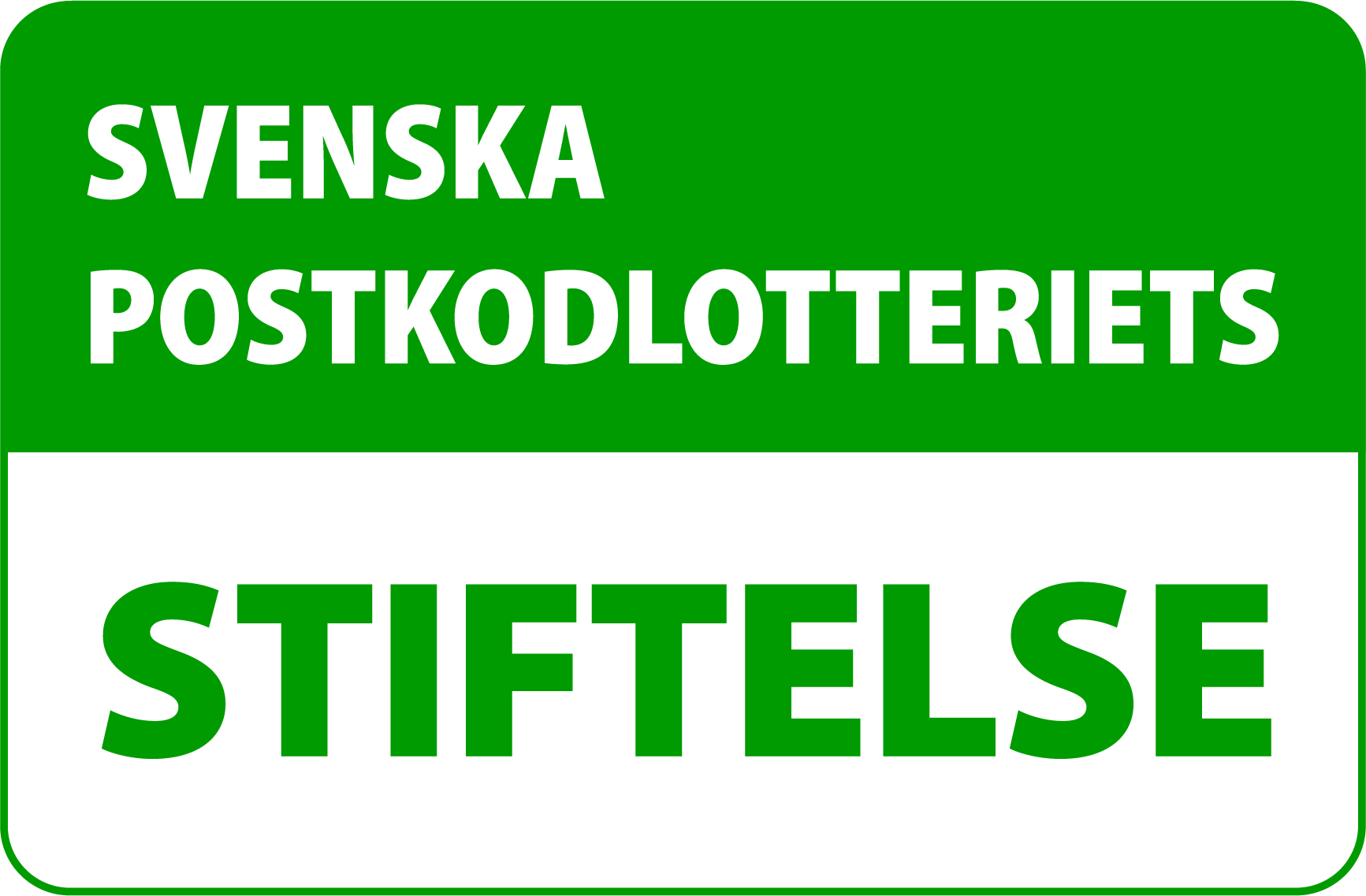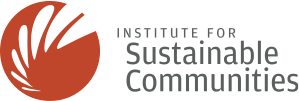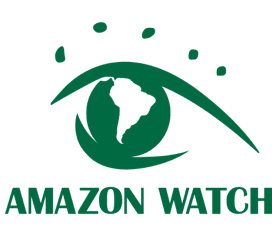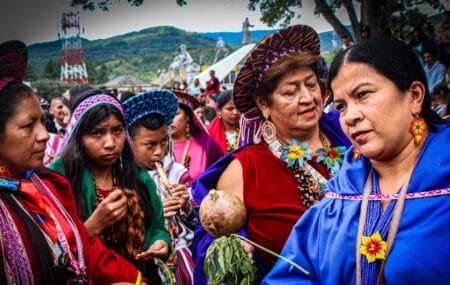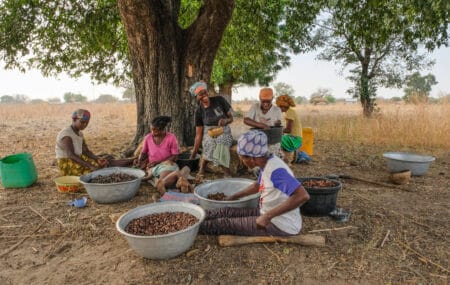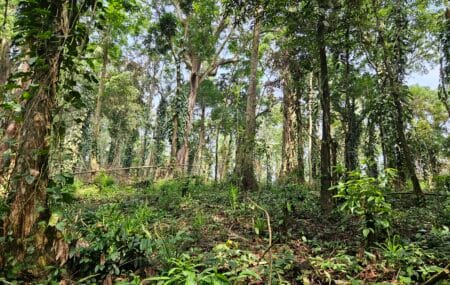China DELTA – Deep Decarbonization and Equitable Long-Term Strategies Alliance
Climate change is the defining challenge of our time, disrupting national economies and threatening the well-being of hundreds of millions — particularly in marginalized communities where vulnerability and the negative impacts of pollution on health, livelihoods, and poverty are the highest. To address the climate crisis the world’s largest emitters of greenhouse gases (GHG) must dramatically reduce their emissions.
China, the world’s largest GHG emitter, has committed to reducing its net carbon emission to zero by 2060 — an ambitious “moonshot” goal that could eliminate 30% of the world’s net carbon emissions and show other countries how to follow in its footsteps. To accomplish this, China’s cities, responsible for 85% of the pollution, must lead the way, but need a roadmap today to show them how they can realize the immense transformation required by 2060. The Institute for Sustainable Communities’ China DELTA project will empower leaders in the pioneer cities of Changsha, Guangzhou, and Tianjin, equipping them with the skills and tools they need to complete a near-term Climate Action Plan and a long-term 2060 Carbon Neutrality Roadmap.
The Project is supported with 4 380 000 SEK.
What the program delivers
The project will demonstrate, document, package, and widely disseminate a model for inclusive and people-centered climate action and carbon neutrality planning that Chinese cities and a network of urban, provincial, and national zero-net-carbon development professionals can use throughout China. China DELTA’s approach aims to catalyse peer learning across 600 practitioners both in China and internationally while building climate pathways that will enable a cumulative reduction of 1 billion metric tons of CO2 equivalent reduced or averted prior to 2060.
Why we support this project
This project contributes to fulfilling the Postcode Foundation’s statutes on working for a better environment.
Project time status
100%
This project started in April 2021 and ended in September 2022
For more information: https://sustain.org
